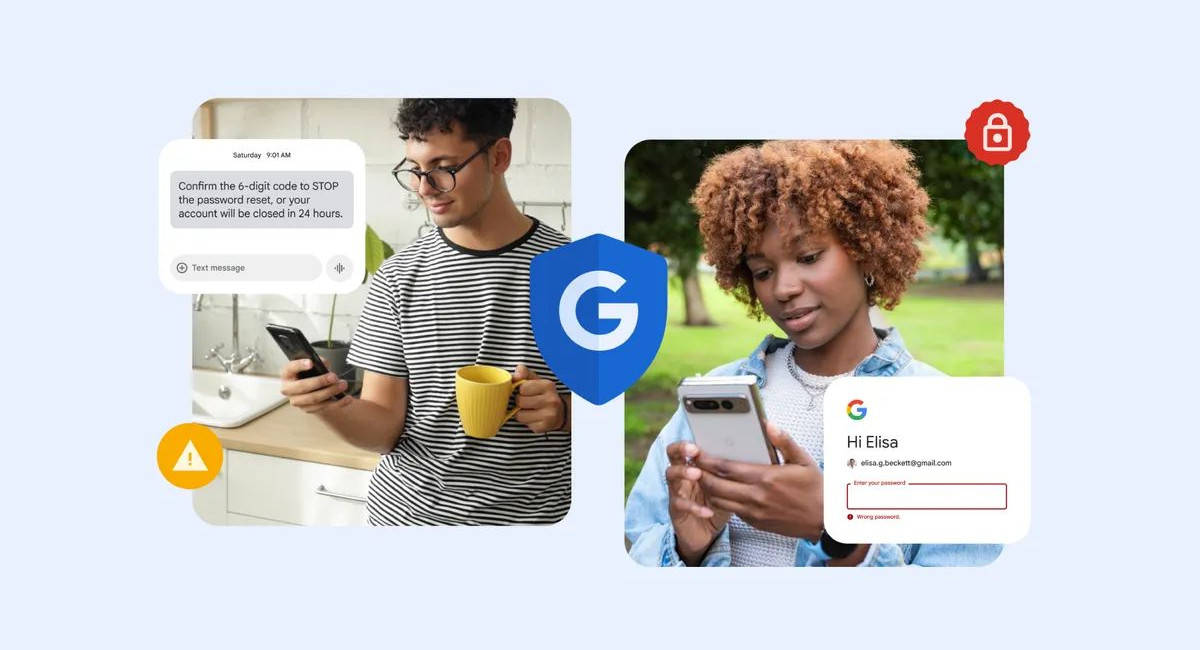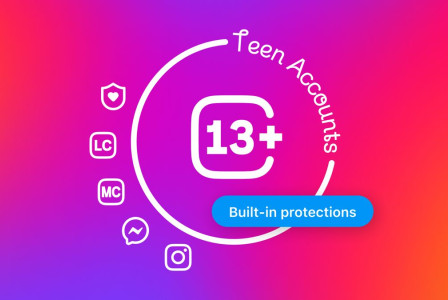SEARCH
Google unveils advanced Scam Protection tools for Android users

SHARE IT
As digital threats continue to evolve alongside our devices and online habits, scammers are finding ever more sophisticated ways to exploit users. Gone are the days when phishing emails were easy to spot through obvious typos or awkward formatting. Today’s attacks leverage deepfakes, voice cloning, and subtle social engineering to trick even tech-savvy individuals into exposing sensitive information. Recognizing this growing risk, Google has introduced a suite of new safety and recovery features aimed at protecting Android users from scams, while helping them identify suspicious activity before it causes harm.
At the forefront of these initiatives is an update to Google Messages, which now includes advanced scam link detection. This feature automatically identifies potentially malicious links within messages and prevents users from visiting them. Should a legitimate message be flagged in error, users retain the option to mark it as "not spam." The update is rolling out globally, giving millions of Android users an extra layer of protection against phishing and fraudulent attempts transmitted through SMS and RCS messaging.
In addition, Google is introducing the Key Verifier tool to Google Messages. This system service allows users to confirm the authenticity of their contacts’ public keys for end-to-end encrypted messages. By scanning a QR code linked to a trusted contact, users can ensure that their encrypted conversations remain private and are not intercepted by impersonators or attackers. To use the tool, users select a contact in Google Messages, tap their name at the top of the chat, navigate to Details, and choose Verify Keys. Key Verifier will be available to all Android users running version 10 and above.
Google highlights the urgency of such features by pointing out that access to cutting-edge technology has made scams increasingly convincing and dangerous. Recent statistics from the company indicate that approximately 60 percent of people worldwide have encountered some form of scam in the past year. With scams growing more sophisticated, awareness and preventive tools have never been more critical.
To complement these technical safeguards, Google is also providing educational resources. The Be Scam Ready game, built around the inoculation theory, allows users to simulate real-life scam scenarios in a safe environment. By exposing players to common scam techniques in a controlled setting, the game aims to strengthen users’ ability to recognize threats and respond appropriately.
Alongside detection and education, Google has enhanced account recovery processes. The new Recovery Contacts feature enables friends and family to assist in regaining access to accounts if a user becomes locked out or if someone else gains unauthorized entry. For situations such as a stolen or damaged primary phone, users can now leverage a new Android feature called Sign in with Mobile Number. By entering their linked phone number, users can automatically identify associated accounts. Verification is completed using the lock screen password from the previous device, meaning that users do not need to remember their Google account password to regain access. This feature is gradually rolling out to users globally, providing a seamless way to restore account access when needed.
The launch of these updates coincides with October’s designation as Cybersecurity Awareness Month in the United States. To promote user education and awareness, Google will host in-person workshops at Google Store locations in New York City and Mountain View on October 21 and 28. These sessions will focus on practical strategies for avoiding scams and fraudulent activity, reinforcing the company’s commitment to helping users navigate the digital landscape safely.
MORE NEWS FOR YOU

 Help & Support
Help & Support 

